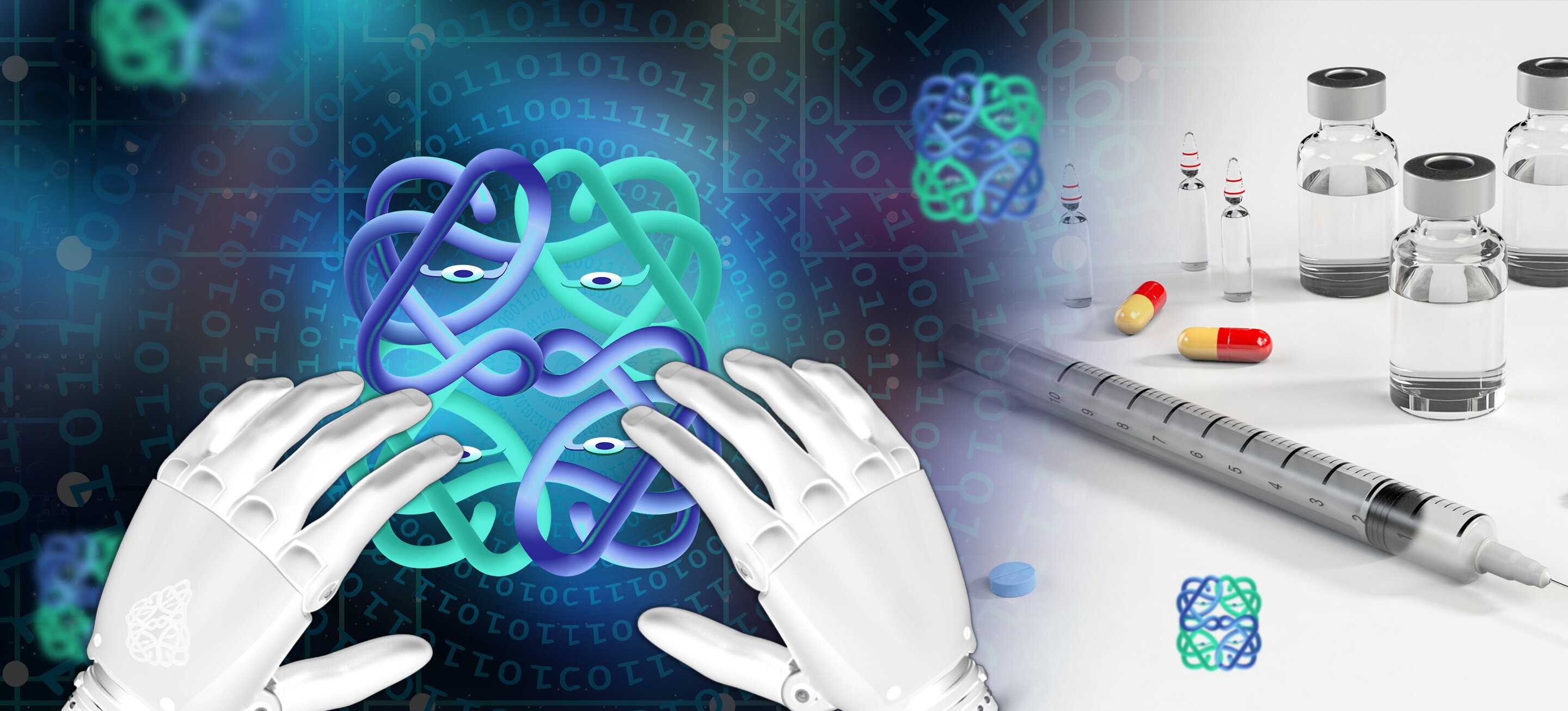Unique AI method for generating proteins will speed up drug development
31. 3. 2021 | Chalmers University of Technology | www.chalmers.se/en
Artificial Intelligence is now capable of generating novel, functionally active proteins, thanks to recently published work by researchers from Chalmers University of Technology, Sweden.
“What we are now able to demonstrate offers fantastic potential for a number of future applications, such as faster and more cost-efficient development of protein-based drugs,” says Aleksej Zelezniak, Associate Professor at the Department of Biology and Biological Engineering at Chalmers. Proteins are large, complex molecules that play a crucial role in all living cells, building, modifying, and breaking down other molecules naturally inside our cells. They are also widely used in industrial processes and products, and in our daily lives.

Current methods used for protein engineering rely on introducing random mutations to protein sequences. However, with each additional random mutation introduced, the protein activity declines. “Consequently, one must perform multiple rounds of very expensive and time-consuming experiments, screening millions of variants, to engineer proteins and enzymes that end up being significantly different from those found in nature,” says research leader Aleksej Zelezniak, continuing: “This engineering process is very slow, but now we have an AI-based method where we can go from computer design to working protein in just a few weeks.”
Read more at Chalmers University of Technology
Image Credit: Chalmers University of Technology
-jk-




